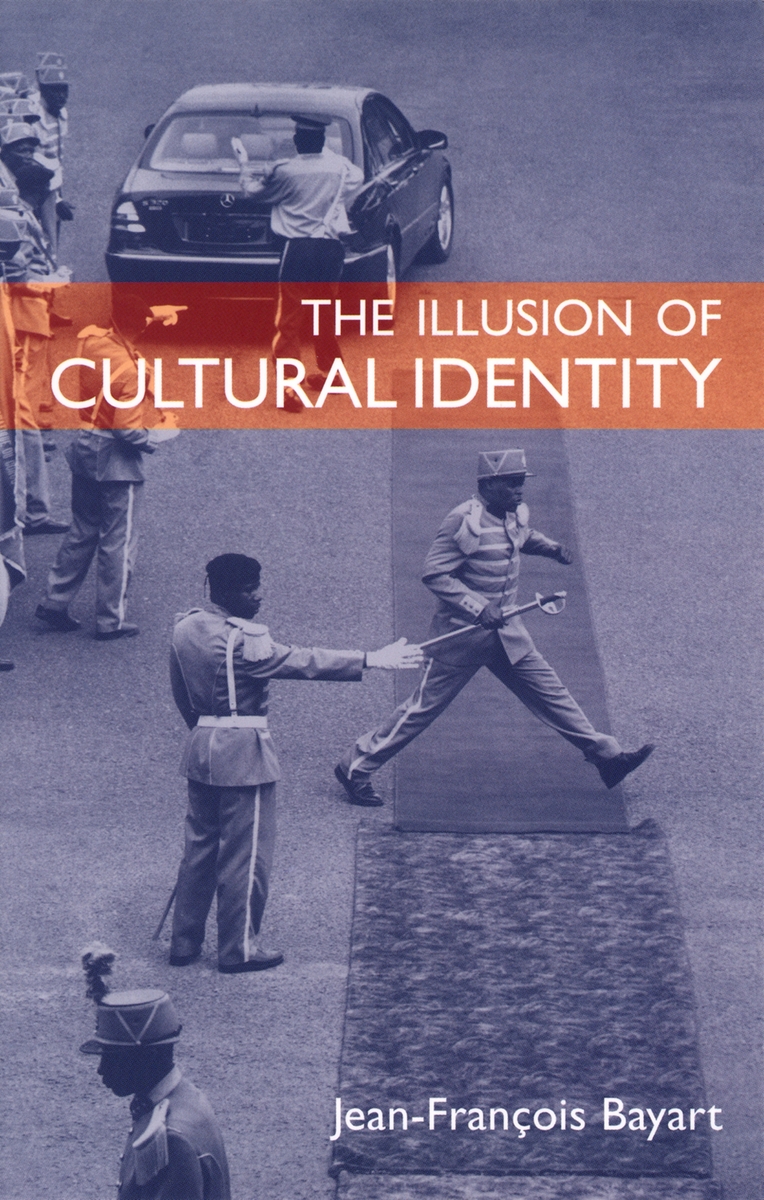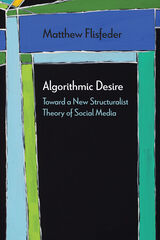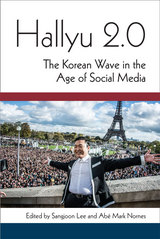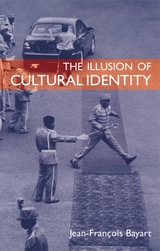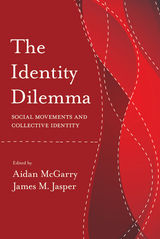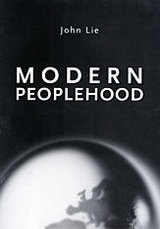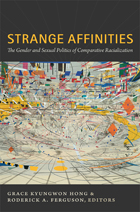The Illusion of Cultural Identity
University of Chicago Press, 2005
Cloth: 978-0-226-03961-9 | Paper: 978-0-226-03962-6
Library of Congress Classification HM753.B38513 2005
Dewey Decimal Classification 305.8009
Cloth: 978-0-226-03961-9 | Paper: 978-0-226-03962-6
Library of Congress Classification HM753.B38513 2005
Dewey Decimal Classification 305.8009
ABOUT THIS BOOK | AUTHOR BIOGRAPHY | TOC | REQUEST ACCESSIBLE FILE
ABOUT THIS BOOK
The concept of cultural identity has become for many a convenient explanation for most of the world's political problems. In The Illusion of Cultural Identity Jean-François Bayart offers a sustained critique of this rationalization by dispelling the notion that fixed cultural identities do, in fact, exist.
In this highly sophisticated book, Bayart shows that the very idea of cultural identity prevents us from grasping the cultural dimensions of political action and economic development. Identities, he argues, are fluid, never homogeneous, and sometimes invented. Political repertoires are instead created through imagined, highly ambiguous aspects of culture—what he calls "imaginaires." For instance, the long beards worn by men in some fundamentalist groups are thought to be key to their core identities and thus assumed to be in conflict with modern values. These beards, however, do not stand in the way of the men's use of technology or their embrace of capitalism—an example Bayart uses to demonstrate the equivocality of cultural identity. The theoretical implications of Bayart's analysis emerge from a fascinating collection of historical examples that often surprise and always instruct.
In this highly sophisticated book, Bayart shows that the very idea of cultural identity prevents us from grasping the cultural dimensions of political action and economic development. Identities, he argues, are fluid, never homogeneous, and sometimes invented. Political repertoires are instead created through imagined, highly ambiguous aspects of culture—what he calls "imaginaires." For instance, the long beards worn by men in some fundamentalist groups are thought to be key to their core identities and thus assumed to be in conflict with modern values. These beards, however, do not stand in the way of the men's use of technology or their embrace of capitalism—an example Bayart uses to demonstrate the equivocality of cultural identity. The theoretical implications of Bayart's analysis emerge from a fascinating collection of historical examples that often surprise and always instruct.
See other books on: Developing countries | Group identity | Illusion | Multiculturalism | Political sociology
See other titles from University of Chicago Press
